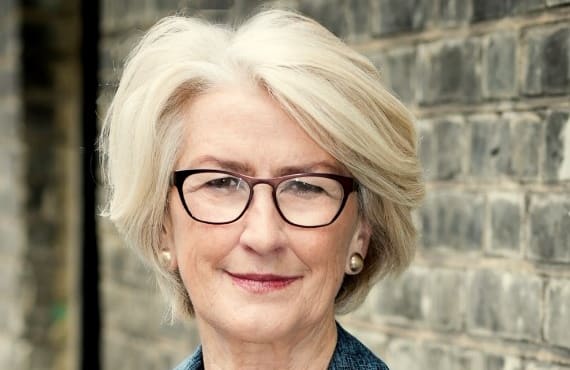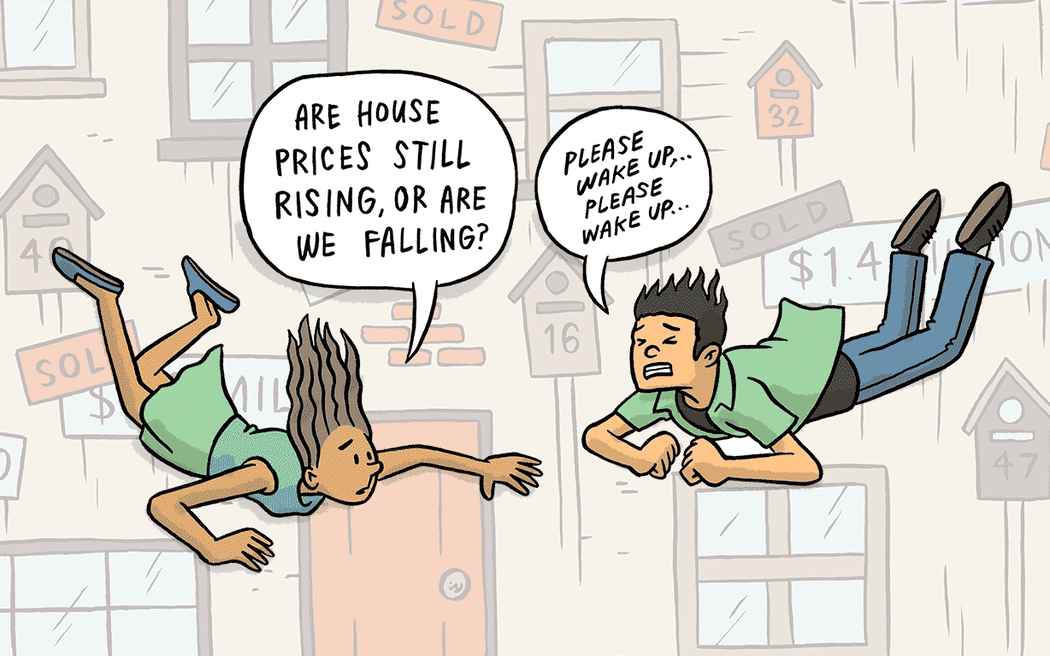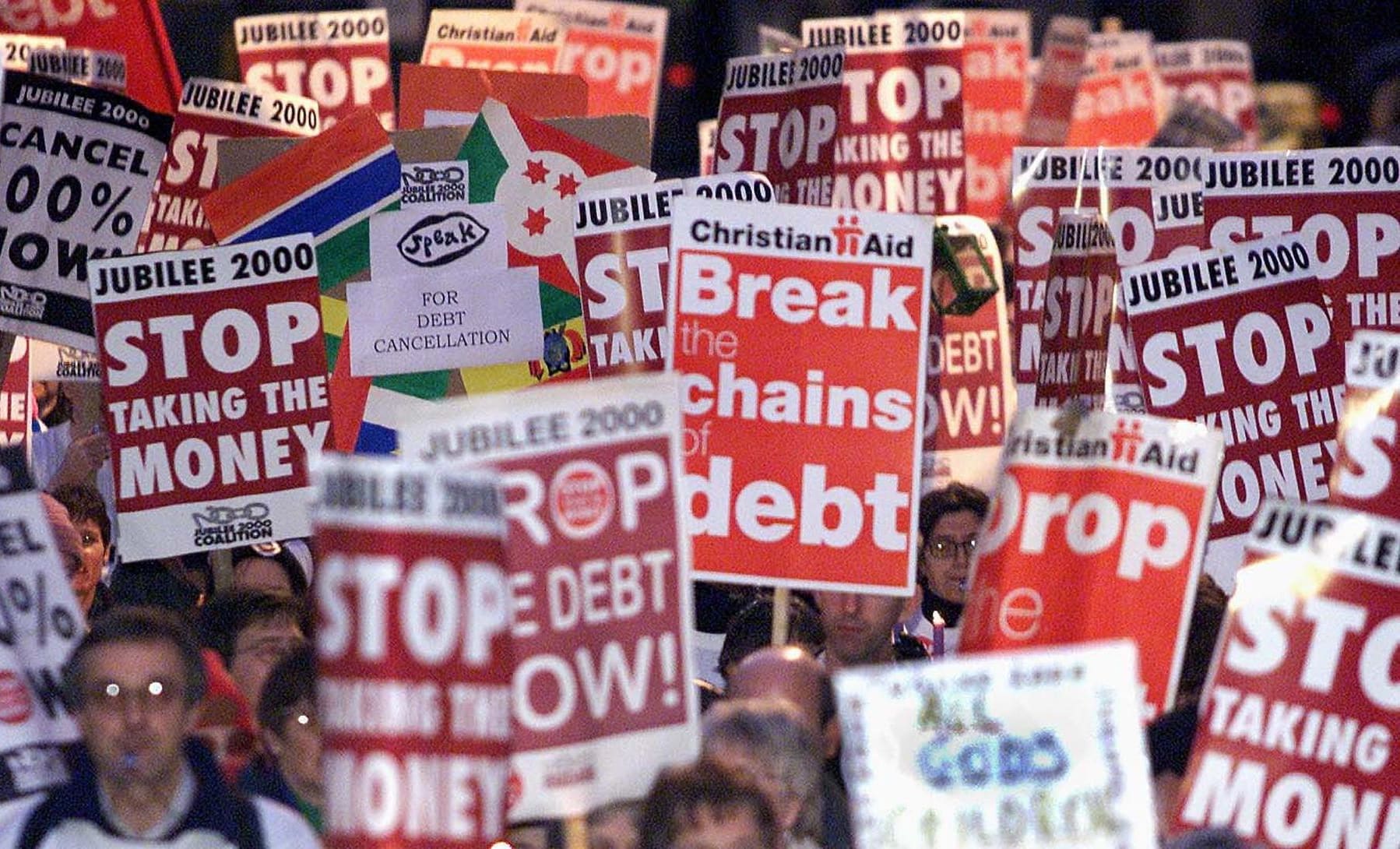Change to our economic systems will only be possible when the general public are entrusted with the real facts, says Ann Pettifor, one of the few economists to predict the 2007-2009 Global Financial Crisis.

Ann Pettifor Photo: Supplied
After that crisis stunned (most other) economists, policymakers and almost everyone else, many people realised the impact of economics on their lives and livelihoods, Pettifor says.
Yet mainstream economists remain too detached from the experience of the general population.
"The economics profession stands aloof from the real economy, from what's happening on a day-to-day basis ... They engage in arcane debates and arcane arguments that may be deeply satisfying in an intellectual sense, but really don't help the public."
Economists should view their responsibilities as akin to those of people whose job it is to keep aeroplanes aloft, she says.
"If the plane crashed and an aeronautical engineer said to me 'Sorry, there's nothing I can do about this, it's human frailty', I'd be very cross, really. Aeronautical engineers are responsible for the planes they construct and they make sure they don't crash. Economists don't feel that sense of responsibility for our economic systems – and I think that's a great failing."
But Pettifor says it's the world's politicians who should really take responsibility for economic failure as, since the 1970s, they've allowed the "financialisation" of everything we know – including sports, arts and property.
"When homes become financial assets you begin to find there are fewer dwellings available for living … Living in a culture which believes in obtaining money – effortlessly, if you like – by rent-seeking is really not something to be valued in an economy."
There's something immoral if not amoral about effortless money-making, Pettifor says.
"The fact of the matter is it's the more affluent who own assets. The rest of us live off wages or income and we don't have the ability to earn money effortlessly.
"Why on earth should I bother to innovate, to take risks, when all I need to do is sit on my butt and collect rent from an asset?"
New Zealand – and Auckland in particular – has some of the most unaffordable housing in the world, she says.
"Those who are lucky enough own such an asset are effortlessly rewarded, those who don't own homes find themselves without a roof over their heads."

Photo: RNZ / Toby Morris
Climate change is the biggest challenge New Zealand faces as a country, and it's time for those in power to walk the talk, she says.
"If the Greens and the Labour Party want to do something about [climate change] they're going to have to invest. They're going to have to transform housing, they're going to make it have to make [the country] more energy efficient. They're going to have to move towards a zero-carbon based economy."
It's also the responsibility of the world's governments – and in their own interests – to support workers, Pettifor says.
"Governments have a duty to use their powers and their currency and their central banks to invest in the economy, to create employment – and that generates income both for their employees and the community, but also for the government. That's the best way to balance the books.
"The workforce has been restructured into low-grade, low paid, insecure work. Paying less to the workers, in turn, means there's less revenue for the government, which is why the government's having such difficulty balancing its books, even while there appears to be full employment.
"We want money to be invested in productive activity that generates income, creates jobs, helps us stabilise the economy and helps people thrive.
"The way in which to increase revenues to the government and balance the books is to expand employment in the economy."
The 2007-2009 Global Financial Crisis came about because people lost faith in the value of their assets, she says.
"A lot of the debt is leveraged against assets. When people begin to doubt the valuation of those assets they begin to panic – 'I'm never going to get my money back.'"
Pettifor says another global financial crisis is likely to be on the horizon, but she won't try to predict when.
"The system is unstable and unsustainable. It is deeply imbalanced. We have massive deficits in some parts of the world, massive surpluses in some parts of the world, which leads to imbalance, which creates political tensions."
The reason "fascists are doing really well in the world right now" is because many people are "mad as hell" at governments washing their hands of employment struggles, Pettifor says.
"This is the response of people who feel governments have been derelict in their duty."
But it's not all gloom and doom.

Banners are carried through the streets of London for the Jubilee 2000 March in aid of Western countries cancelling third world debt (London 2 December, 2000) Photo: AFP
While Jubilee 2000 – the global campaign (which Pettifor led) to convince rich nations to write off a $100 billion debt owed by the world's poorest nations – was "one of the hardest things she's ever done", the public support which led to its success gives her hope for the future.
"The public are not stupid. They do understand these complexities. They can get it, and when they get it they can act. But if they don't have facts [and] understanding, it's very difficult to act and it's very difficult to change systems."


